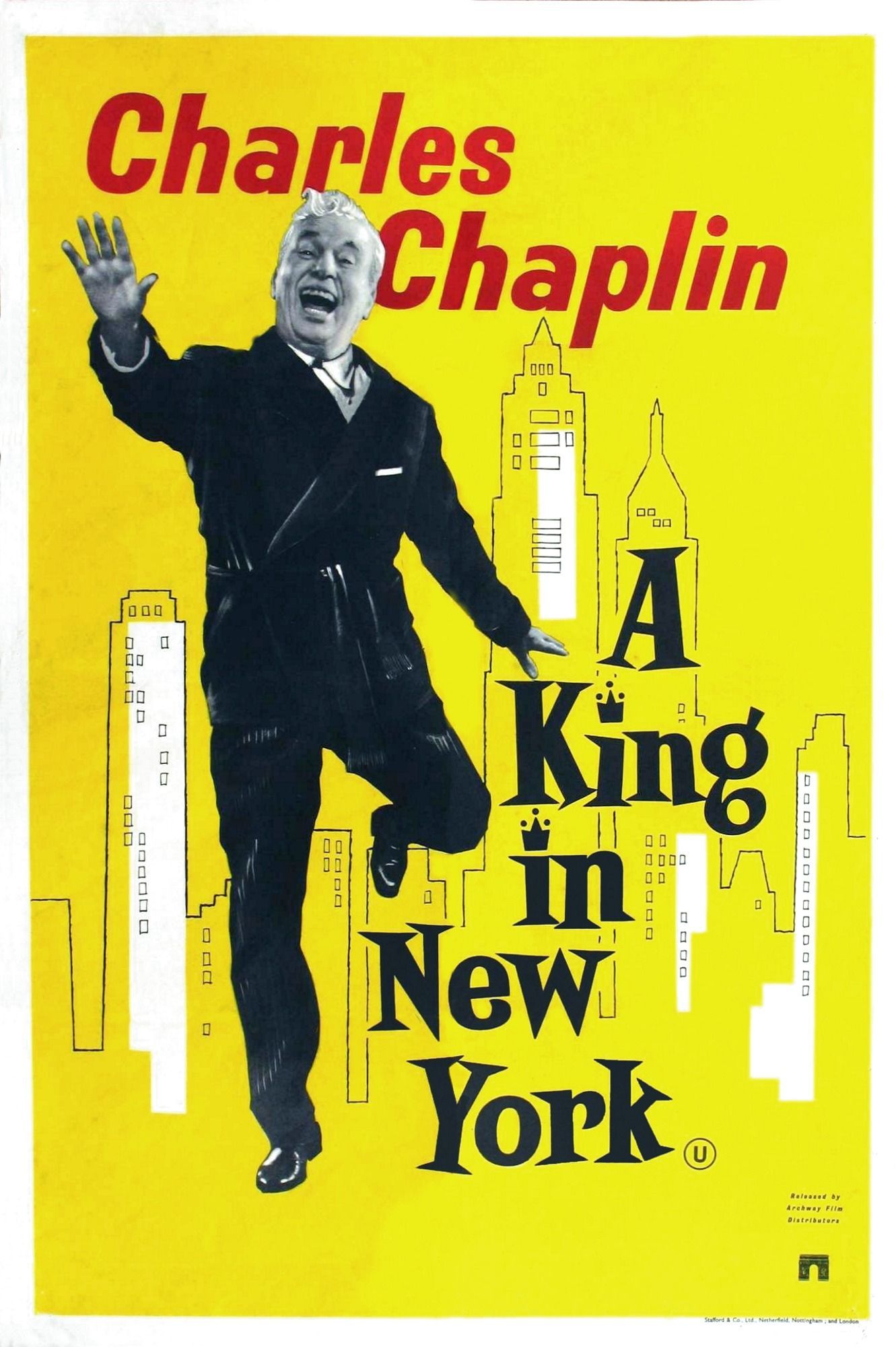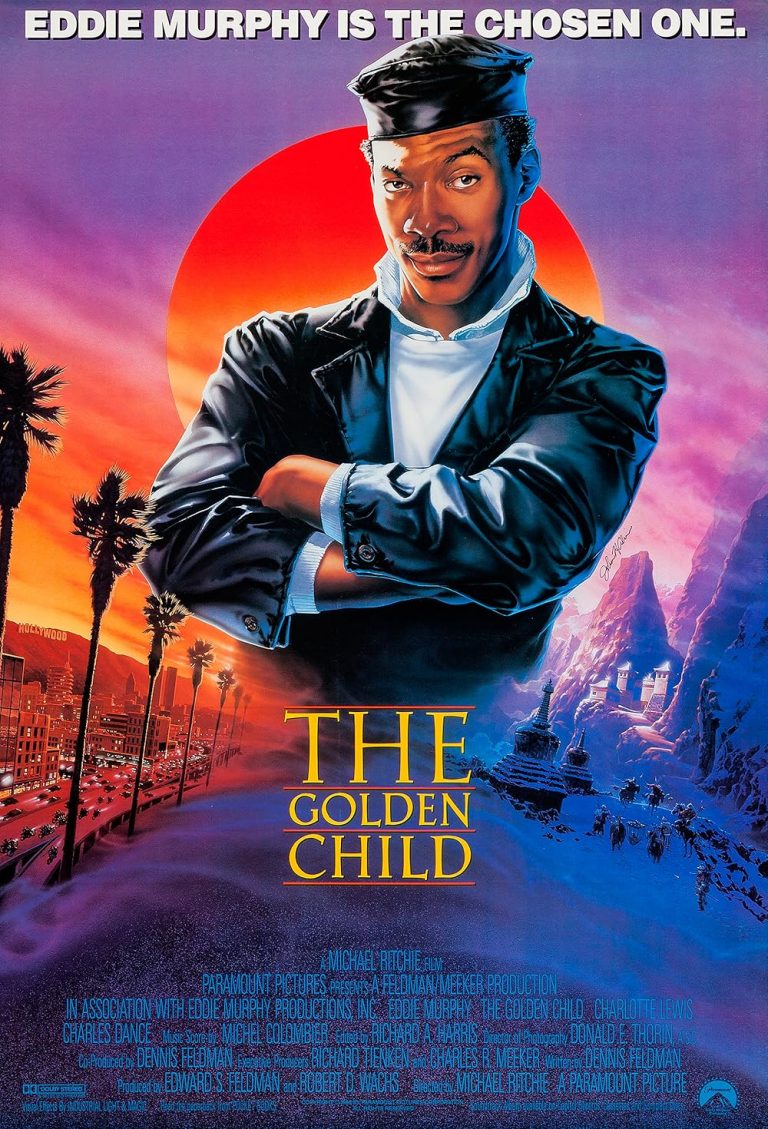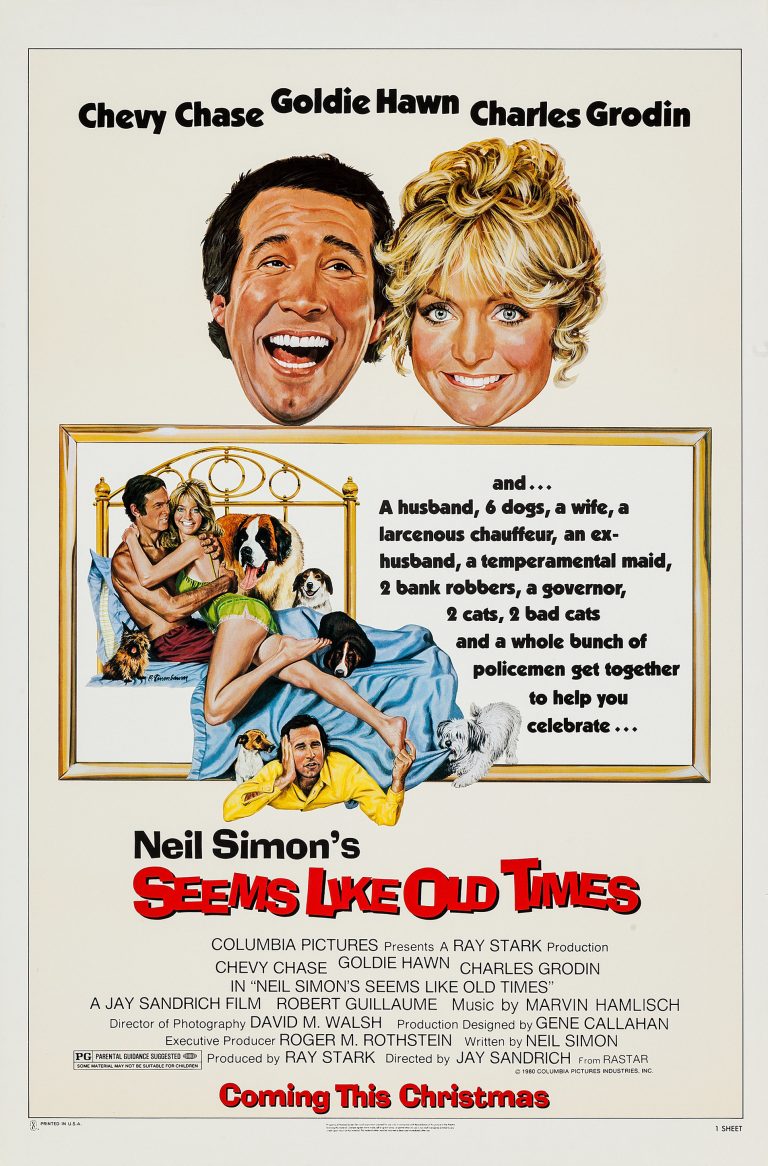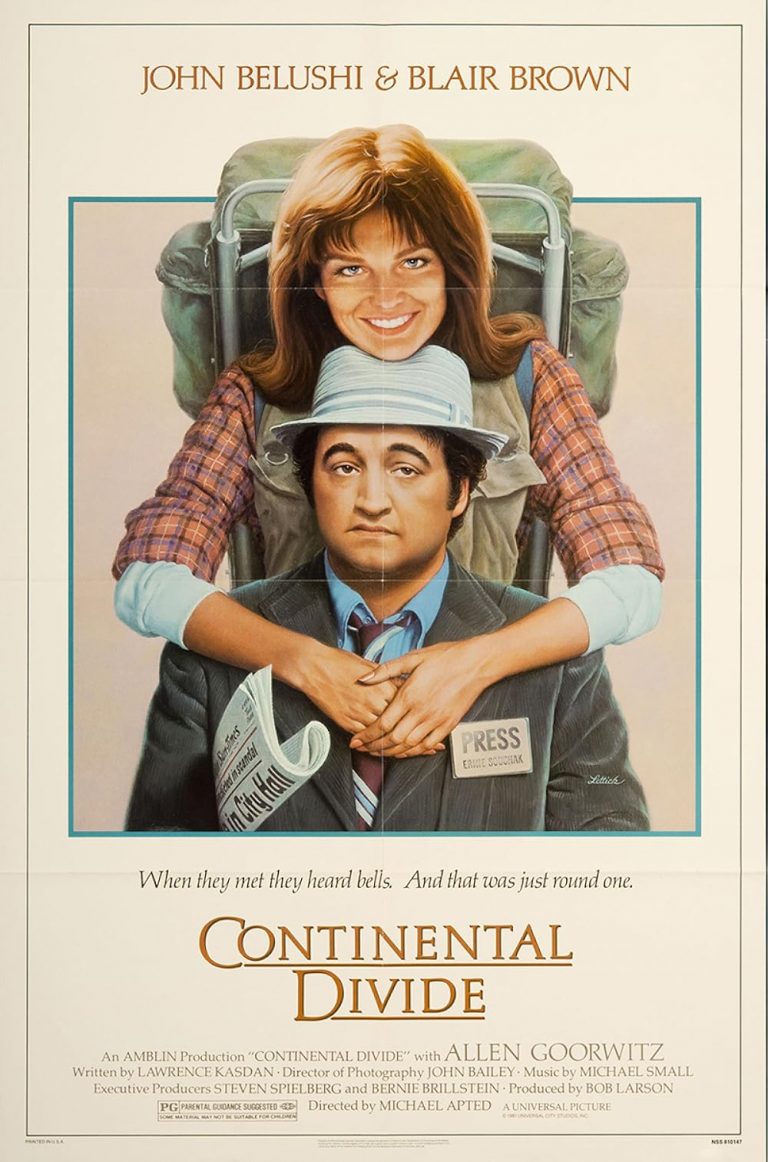Starring: Charlie Chaplin
Grade: C
This is screen legend Charlie Chaplin’s last starring role ever. Unfortunately, it’s nothing to write home about.
Summary
We open with a caption stating, “One of the minor annoyances of modern life is a revolution”.
In Estrovia, the citizens storm the castle of King Igor Shahdov (Chaplin). They want his head on a platter. Upon entering, they can’t find him, so someone suggests he went to the treasury. They all run over there but find that all the money is gone, along with Igor. He has fled to New York City.
Immediately after landing, Igor is bombarded by the press asking for a quote, but they are interrupted by Igor’s ambassador Juame (Oliver Johnston). He asks Juame if his funds are safe, but Juame tells him they have been transferred over to Prime Minister Voudel (Jerry Desmonde) because as Igor’s prime minister, he’s in charge of everything. Just then, Voudel shows up and tells him everything has been deposited and it’s all safe, but he deflects when Igor asks if the funds are in his name. This is mostly because Voudel wants to get rid of the press before they discuss details. The two go before the press to answer questions. One man directly mentions how Igor got away with all of Estrovia’s money, but Voudel says all the funds legally belong to the government and were transferred out to avoid the traitorous actions of their citizens. The questions press on, and Igor has no problem in having Voudel answering them. This is because it revolves around his money, and he wants to know what is up. Voudel admits the money is safely deposited in the bank under his name until Igor decides otherwise. Igor wants it right away, but Voudel tells him he needs to pass through the immigration department first. One reporter asks about the Estrovia’s dealings with atomic energy, so Igor speaks up and says this is how he lost the throne. He wanted atomic energy for domestic use, but his ministers wanted atomic bombs. He does say he still has “nuclear plans that will revolutionize modern life and bring about a utopia undreamed of”.
Just then, they are interrupted by an immigration officer, so Igor goes with him and goes through the process without question.
Later, Voudel shows Igor the funds from the treasury, but Igor is surprised at how little it actually is. In addition, the books and records were left behind with no time to salvage them. Regardless, Igor wants to go to the banks right away to pull it out his money, but the banks are closed for the day. So, he tells Voudel they’re getting it the first thing in the morning. Once Voudel agrees and leaves, Juame wonders why Voudel didn’t tell him they took the funds from the treasury considering the press accused Igor of it, but Igor doesn’t care. He and Juame go out for a night on the town and head over to the movies. The two watch the trailers of A Killer with a Soul, Man or Woman?, and Terror Rides Again, and Igor is put off by the whole thing. They leave and go to a fancy restaurant. However, they are disturbed by the big band that starts playing right next to them, and it ruins the experience. The next day, Jaume bursts into Igor’s hotel room to tell him Voudel has fled to South America, and he withdrew all of Igor’s money, leaving the king broke. Realizing he has no proof to call out Voudel publicly, Igor is shit out of luck. Jaume mentions Igor’s atomic plans, but Igor says he only has unfunded blueprints. They get a call that Queen Irene (Maxine Audley) has arrived, so Igor tells Juame to not mention how they’re broke. Juame agrees and even offers the little money he has to him, but Igor tells him not to worry because they’ll potentially have a fortune on their hands if his atomic plans get financed.
Irene shows up, having just arrived from Paris, and Igor is honest with her after basic pleasantries. He knows they were in a loveless marriage purely for the throne and offers to get a divorce just to make her happy. They’re good friends and don’t necessarily hate each other, but the marriage isn’t needed anymore since the kingdom has fell apart. She agrees to it. They are interrupted by a telegram from Mona Cromwell (Joan Ingram) asking Igor to dinner that evening. Igor has no interest in it. Next, he has lunch with Irene. They discuss alimony, though Irene says she doesn’t need it because she’s rich. She says she’s going back to Paris, so Igor says he’ll be staying in America to push through with his atomic project. Later, he takes her to the airport and wishes her the best of luck, departing on good terms. Sometime after, Jaume tells Igor he has another phone call from the Cromwell woman asking about dinner, but Igor refuses again. Once Jaume hangs up, Igor inquires further about her. Apparently, Cromwell is a prominent hostess in the area. She publishes several women’s magazines and owns an important television network. Even so, Igor is in no mood, especially after divorcing Irene, which is something he did more for her. He wasn’t ready to let go just yet.
Following this, the two hear singing from the hotel room next door. They look through the peephole of the doorknob and see Ann Kay (Dawn Addams) singing in her bathtub. She asks for help because she slipped and hurt her ankle, so Igor takes this as an opportunity to enter (because for some reason his bathroom is connected to her bathroom). Once he introduces himself, Ann reveals she was supposed to meet him at Mona Cromwell’s dinner party, but he assures her he isn’t going. She convinces him with light flirting, so she phones Cromwell to say he’s going. An elated Igor goes back to his bathroom and jumps into his bathtub out of pure joy from meeting Ann. Shortly after, Igor tells Juame they’re going to the party, but Jaume drops out for the night because he’s tired. Before Igor arrives at the party, Ann shows up, and it’s revealed that this was all a plan. She rented the room next to him to coax him. She’s going back to her own apartment that night. She works in television advertising along with Cromwell. Later, Igor arrives, so she secretly goes into the dining room and arranges for a cameraman to secretly record the night from the wall above the table. She plans to work in a deodorant advertisement into the conversation while she’s with him. Eventually, they all sit down to eat, and Ann and Igor sit right next to each other. As Igor tries to flirt, Ann segues into a live advertisement about women’s deodorant. Igor is confused but still persists. They start to discuss Igor’s dabbling into theatre, so Ann gets everyone’s attention at the table and goads him into doing a soliloquy from Hamlet.
He does so with very little protest and gets way too into it. Unbeknownst to him, it was all broadcast live on television because of Ann’s secret cameraman, and Juame watched it live from the hotel.
Afterwards, Igor goes right back into flirting, but he’s weirded out again by Ann transitioning the conversation into a toothpaste advertisement. Others try to get into their conversation, so Igor decides to entertain the other guests with a bit about dentists and uses the woman next to him to mime a dentist visit. Again, all of it is broadcasted on television. That night, he gets back to the hotel and Juame tells him what he saw on television, with Igor coming to the realization that they had hidden cameras in the walls. Frustrated, he takes Jaume to a nightclub to get his mind off things. They sit at their table, with Juame talking about how Igor’s reputation being ruined. Igor doesn’t think so, however. They are then interrupted by a group of people asking for autographs and Igor happily signs them. Sometime after, Igor is getting a crazy amount of offers to do advertisements for companies, but he isn’t interested. An advertising representative from the Crown Cheese Company named Johnson (Sid James) shows up at Igor’s hotel room, rudely walks in once Igor opens the door, and offers him $10,000 to say “yum, yum” after spreading cheese on a piece of toast for a commercial. Igor refuses and has Jaume show him the door. Ann calls the room, so Igor has Juame send her up. A perturbed Igor answers the door, and a remorseful Ann gives him a check from Cromwell. After he rips it up, she tells him it was $20,000.
You could tell he regrets this but goes on with his attitude anyway.
He has her leave and is told after by Juame about his scheduled visit to a progressive boy’s school as a way to save face following the television incident. Once he hears that they haven’t gotten any word from the Atomic Commission, Igor considers the commercial offers. He asks what his bank balance is, and Jaume tells him it’s a paltry $912. Freaking out, he pulls the torn-up check from the garbage and tells Juame to call Cromwell to thank her for the check. He goes to the progressive boy’s school and is shown around, with one staff member explaining how they promote individualism in the young boys to strive for a better adulthood and such. Even so, a couple of kids still shoot spitballs at them while they talk. They are interrupted by a phone call from Ann, so Juame exits to answer it. As Igor is shown around to some of the boys attending the school and they show off their respective talents, he is eventually introduced to 10-year-old historian and editor of the school magazine Rupert Macabee (Michael Chaplin). Rupert is reading up on Karl Marx when he approaches, but he assures Igor he is not a communist. He then goes on a strict monologue about Marxist ideologies while Igor tries to interrupt, but he’s not having any of it, refusing to listen before going onto his next point.
As Rupert accuses Igor of wanting to blow up the world with atomic bombs and Igor arguing this isn’t the case because his stance on the matter is the exact opposite, the kids of the school mess with Igor and stick a cake on the spot he was sitting on, with his hat on the inside of it. A frustrated Igor sits down directly on it and is rightfully pissed off because he finds his hat. Back at the hotel, Juame wonders that if his political speech upon arrival in New York about a utopia regarding his atomic plans may be the reason they haven’t got a response yet from the Atomic Commission. Just then, they get a message from the hotel. It’s a bill for $11,000. Sadly, they’re broke, but Igor doesn’t want to move out of the hotel. After ordering some lunch they can’t afford, the waiter leaves and Ann walks right into the room. She brings Johnson back in and he has a check for $50,000 from the Royal Crown Whiskey Company. This time around, Igor agrees to the deal. At the photography shoot, he puts the moves on Ann, and it starts to work. Unfortunately, when they shoot the commercial, he chokes on the whiskey and Johnson threatens to sue. Even so, they got the money. Ann shows up to the hotel to tell him his spot was a massive success because they thought his coughing was deliberate, and it was funny. She tells him he can practically write his own check on the next commercial he may sign up for.
Igor is now about to become a household name in America with a new celebrity status because of his fame with adverts. Unfortunately, with stardom comes unneeded stress and problems he didn’t know he needed to fix. To make matters worse, Rupert runs away from school and goes to Igor for help, creating an odd couple friendship of sorts where Igor takes him in. Little does Igor realize, the government will come a-knocking because they’re looking for commies and will stop at nothing to find every last one of them.
My Thoughts:
Charlie Chaplin’s silent films? Genius. The man could do no wrong.
Charlie Chaplin’s talkies? Meh. Elements of the screenplays are attractive, but the final product is never anything to write home about.
The same is the case with A King in New York, a film I’m positive has gotten its retrospective praise because of Chaplin’s name value alone.
Regarding the favorable components of the movie, I enjoyed Charlie Chaplin’s performance as King Igor Shahdov. The king of the fictional Estrovia is polite, funny, hoity-toity, and a bit naive. For the first time, Chaplin is able to combine his old comedic style equally with his eloquent speaking ability that he honed once talkies become the norm. It took him a while to figure this out, though The Great Dictator was a massive exception. When I talk about this, I’m more so referring to his last three features as the star. As I said in my review of the film, Limelight was bloated with monologues. It was like Chaplin realized what can be said and done in sound films to make his points, got excited, and put in so much that he didn’t know what to cut out. Monsieur Verdoux had more of a tonal issue than a script issue, but there were times where things got a bit wordy or unnecessary. However, A King in New York knew what it wanted to be from the beginning, along with being amusing. Yes, there were still portions of the narrative that could be removed entirely to keep things tighter, but out of the three films, this one did the best job at figuring out what didn’t work in his other two talkies. It starts with the satire and lampooning of American culture at the time. A lot of sequences and moments are done well enough that it’s still relevant today. The witty screenplay touches on topics of consumerism, the sensationalism of the media, celebrity, commercialism, capitalism, film, music, and the fakeness of the entertainment industry. It’s accurate, humorous, and entertaining to watch Igor try to navigate through a world he initially never wanted to be a part of until he was almost broke.
More importantly, a major chunk of the film is its heavy critique on McCarthyism and its witch hunt for communists in the United States.
Unfortunately, there is a bit of an inconsistency hindering the product in its totality. The film tries to juggle satire, a bit of buddy comedy stuff with child Rupert, regular Chaplin shtick, and a relatively serious commentary on McCarthyism, but it fails to make it all work together in an efficient manner. Though the takedown of advertising and celebrity were the funnier parts of the movie, it didn’t seem essential to the story Chaplin wanted to tell. Though the film wouldn’t be look in an intellectually higher tier, the story needed to lean into these comedic takedowns more, getting rid of the Rupert storyline entirely, or once Rupert was introduced, they needed to keep him in the film from then on out instead of making him absent for a good portion of the story (before bringing him back and making him the centerpiece of the action so late into the narrative). It doesn’t work as is. One of these two options needed to be chosen because the screenplay wasn’t strong enough to balance both sides of the story. It’s goofy in some ways like the fire hose sequence or when Igor gets plastic surgery and looks like a pig man (or even The Phantom of the Opera), but we then get sentimental for Igor trying to take care of this runaway kid, even though the kid is a bit of a weirdo. It’s too “all over the place”. Going along with this, the film abruptly ends on this somber political point so out-of-nowhere you’ll sit there and think, “Wait, that was it?”.
The only thing consistent about the film is its start-and-stop momentum in which it never realizes its full potential. Though there are some real positives within the narrative, Chaplin seemed to try and push certain points to mirror his own life of being an accused communist over making a fully realized story. As a result, it makes the third act feel like a disappointment when you take the buildup into consideration. What begins as a regular comedy, turns into a political lesson and message of hope. We never get to see Igor face off with the Prime Minister who stole all of his money, and we never get to see Igor protect Rupert in some crazy dramatic sequence to garner sympathy either, both much more exciting options to end the story than the one we got. The movie just stops in its tracks with a gloomy, melodramatic note. Then, we see the happy king on a plane heading back to Europe without solving a single issue he was involved in.
It just doesn’t work.
Igor accused of being a communist conspirator should have yielded much more entertaining results. This was the biggest missed opportunity of the film. They should have gotten to it earlier to fix the pacing issues and established the reintroduction of Rupert as a bigger part of the movie if this was the point of everything. In Igor’s case, he is a famous king who becomes a celebrity because of his newfound fame in advertising, earning a status as a media sensation as a result. Being accused of communism at the height of his fame is major news! It should be a pivotal point in the narrative, but the idea is wasted. The aforementioned fire hose sequence is humorous, but once he got to the courtroom, with the fire hose nozzle still stuck on his finger, there needed to be a major courtroom sequence used to prepare us for the seriousness of the third act. It doesn’t make any sense for him to get away scot-free in the manner he did, especially after causing such a ruckus. He’s held in contempt once he sprays the courtroom but is considered an ally? How? They already established the incompetence of his lawyer! I don’t buy him getting away without trouble for a second. There’s no way the American media or the judicial system of that time would let him off like he did, especially since he was a foreign leader during a period of political turmoil. Considering how well we know Chaplin, how he thinks, and how he writes his screenplays to get across his political points, him being on trial for communism couldn’t have been a more appropriate opportunity for him to go on one of his pretentious monologues like he did comically in the finale of Monsieur Verdoux.
To make the ending somewhat exciting, something the film was lacking other than Igor trying to avoid being subpoenaed, he should’ve been on trial more than Rupert. He’s the main character after all! He needed more conflict to face to make a climax worth watching. Unfortunately, the kid faces the brunt of the issues off-camera, the movie ends in a tragic whimper, and Igor leaves everything relatively unscathed, wishing him all the best.
On an unrelated note, what the hell was the point of Queen Irene’s inclusion? Please explain to me why she was needed! It’s established that they had an arranged, loveless marriage, and they’re good friends. Then, Igor grants her a divorce because their kingdom fell. They’re cool, and she departs. It takes up a decent amount of time but accomplishes little to nothing. Later in the film, it’s said that Irene wants to get back together. Why? This extra storyline adds nothing to the narrative, to the character, to the drama, or to the entertainment. Sure, it made Igor look like a nice guy because he acknowledged there was no point in continuing their marriage, and it freed him up to chase Ann, but if Irene wasn’t included at all, would anything have changed? Not in the slightest.
As with most Chaplin movies, a combing through of the screenplay was still needed to get rid of the unnecessary stuff. Queen Irene was one of these things.
Rupert is played by Chaplin’s son Michael, and to say his performance was memorable would be an understatement. The child’s lines are spoken with a militant cadence, complete with finger-wagging and a refusal to hear any other side of any argument, shouting Marxist rhetoric to anyone who will listen or has a willingness to argue. It’s incredibly strange and I can’t even say if it’s good, but it’s impossible to forget. The approach to the character is so weird and though you feel for him because of his situation, and his parents being accused of being communists and being put in prison at one point, you also want to slap him because he cannot shut the fuck up. Even when he’s hiding out in Igor’s hotel, he can’t help himself in front of the Atomic Energy Commision and argues with all three men about his ideals. Actually, it’s kind of funny at the same time because of how ridiculous it can get. He’s frustrating to watch but again, you can’t forget him.
Believe me, I’ve been trying to for quite some time.
A King in New York has moments of mild entertainment value and decent satire, but it’ll be remembered more for Chaplin’s criticism on life at the time rather than actually being a good movie. If things were done correctly, both things could have gone hand-in-hand. Sadly, A King in New York was not the movie to pull it off.





+ There are no comments
Add yours